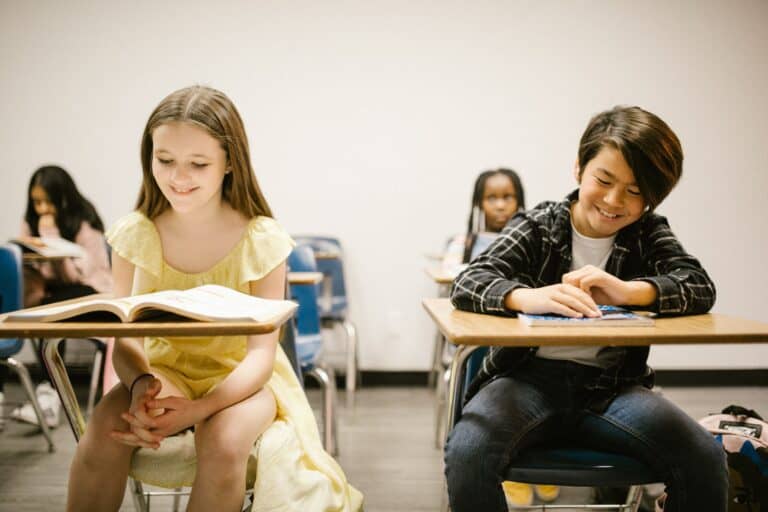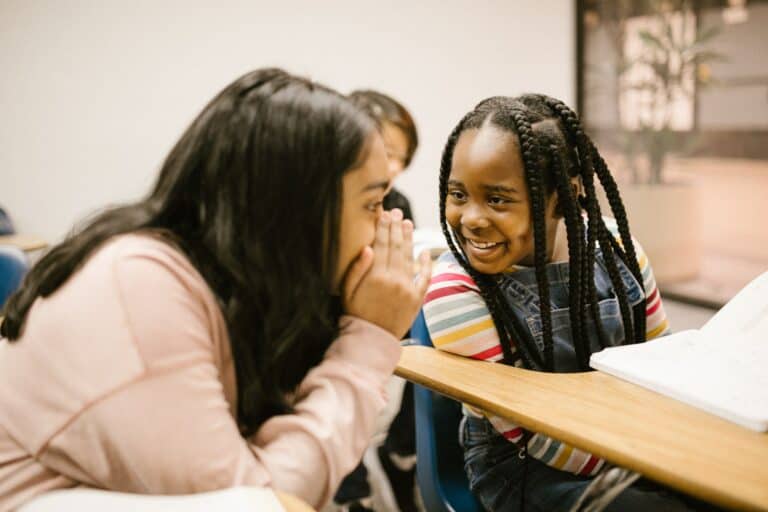Our School Partners: What We’ve Learned Works – and Doesn’t!
Our School Partners:
What We’ve Learned Works – and Doesn’t!
When I jumped in to build R.E.A.L.® full-time in 2021, I never would have dreamed that by 2024 we would have worked with seventy school partners. When independent school leaders see the variety of schools in the R.E.A.L.® community, we often get a raised eyebrow or a comment like, “well that is certainly an interesting list!” or “hmmm … you don’t see that line up of schools often!”
It’s a fair response. The R.E.A.L.® community includes rural schools and urban schools; single-sex and co-ed schools; boarding and day schools; regionally-all-over-everywhere schools; Quaker, Jewish, Catholic, Episcopal, Christian, and non-denominational schools; tuition-free and top-of-market schools; and the list goes on.
The R.E.A.L.® community includes rural schools and urban schools; single-sex and co-ed schools; boarding and day schools; regionally-all-over-everywhere schools; Quaker, Jewish, Catholic, Episcopal, Christian, and non-denominational schools; tuition-free and top-of-market schools; and the list goes on.
Part of this is diversity was intentional and strategic on my end. I have wanted to test the robustness of the R.E.A.L.® pedagogy: can R.E.A.L.® work in all of these different contexts? What adaptations need to be made? This diversity mattered to me from a mission perspective, too: I have wanted to equip children from all kinds of backgrounds with the universal skills they need to talk across difference across their lifetimes. That is, of course, the ultimate vision and power of R.E.A.L.® Discussion.
That said, I’ve been thinking a lot about what this oddball collective actually has in common. Put differently, what makes a school a great-fit for a partnership with R.E.A.L.®? Why does R.E.A.L.® Discussion thrive at some of these schools – and not others?
Put differently, what makes a school a great-fit for a partnership with R.E.A.L.®? Why does R.E.A.L.® Discussion thrive at some of these schools – and not others?
It’s not a question of budget, as most schools have the resources to operationalize our program. It’s not a question of mission, as most schools have *at least* three abstract nouns in their mission statement related to discussion. It’s not a question of teacher skill or will, as most teachers are relieved to have a method to explicitly address the communication skills deficit that makes their job harder every day.
Our strongest school partnerships are built on three shared beliefs and one operational reality.
The shared beliefs?
1) Discussion instruction starts with skills: our goal is to teach students how to communicate—not what to say. Too often, we expect kids to have hard conversations before building their skills to engage in any conversation. Our best partners understand that students need to walk before running, that before “engaging in civil discourse,” they have to teach both civility and discourse skills.
2) These skills are high-stakes: discussion skills instruction belongs in core academic courses—not just advisory. This is a deal-breaker for a surprising number of potential partner schools! What we often hear is that it’s too hard to change core academic instructional practices – most often because of a culture of high autonomy faculty or academic initiative “windburn.” It’s true that Advisory can be easier: it hits all faculty and all students at once, no one is particularly vested in the content, and it can be pretty efficient (assuming there’s time between homecoming announcements, birthday celebrations, and the drug-education program all scheduled for next Tuesday). But our best partners don’t back away from this challenge. They recognize that this is too high stakes a skillset to relegate to Advisory or to have taught variably across classrooms through non-research based methods. These leaders work with us to design a pedagogical change management strategy – often but not always relating R.E.A.L. ® to initiatives already underway, like Competency Based Learning – and they begin with clear goals, not just “let me see who would be interested in attending this workshop!”
3) This work is worth the time: at R.E.A.L.® meaningful growth comes from measurement and practice —not “one-and-done” PD. I sometimes joke that my auto-responder on my inbox should be “I’m so sorry but I can’t train your faculty in civil discourse in a ninety minute workshop on your next in-service day.” Why? At R.E.A.L.®, we don’t believe in or offer one-and-done PD, despite it being the industry model. Those quick-hits don’t do justice to our purpose – real behavior change takes time. Our best partner schools intuitively respect this: they are willing to be patient enough to be strategic. They are looking for a true partner to help them increase discussion capacity across their entire community over several years – and we are more than happy to fit that need (including delivering live workshops when the time is right).
At R.E.A.L.®, we don’t believe in or offer one-and-done PD, despite it being the industry model. Those quick-hits don’t do justice to our purpose – real behavior change takes time. Our best partner schools intuitively respect this: they are willing to be patient enough to be strategic.
The operational reality?
Across our diverse school partners, perhaps the biggest commonality is having a visionary, strategic, and authentic Academic Leader to act as our point person. That person can occupy different roles at different schools – most often it’s an Associate Head for Academics, Dean of Faculty, Teaching and Learning Director, or Humanities Department Chair – but they are utterly committed to our shared mission and to striking the balance between alignment and autonomy for faculty. This Leader thinks about change management across multiple levels and stakeholders; they are optimistic and pragmatic; they are curious and excited to engage in our Academic Leaders community; and they have a certain comfort level with managing external partnerships. (For the record: we have also had multiple Department Chairs successfully manage R.E.A.L. ® programs and independently describe our support as “a luxury.” We’ll take it!).
An Invitation
So for anyone wondering about the line-up of school logos on our website, I hope this offers you insight! For anyone considering partnering with R.E.A.L. ® Discussion next year, I hope this gives you clarity on whether we are a fit. We are proud of and grateful for our diverse community.
And, if the above excited rather than scared you – please reach out.We are identifying our partner schools for the 25-26 school year now; I’d love nothing more than to discuss discussion together!
And, if the above excited rather than scared you – please reach out.We are identifying our partner schools for the 25-26 school year now; I’d love nothing more than to discuss discussion together!






